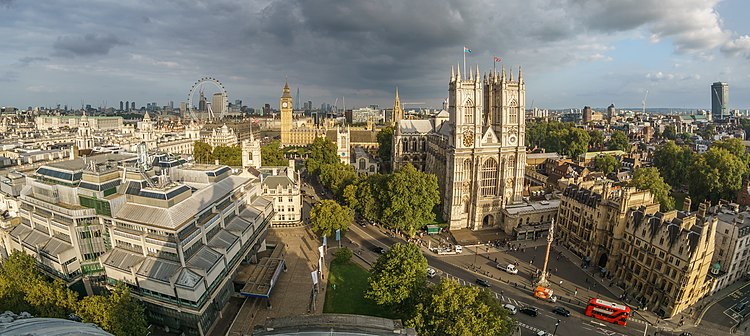In the rich tapestry of Western classical music, few threads shine as brightly as that of Henry Purcell, the English composer. Born in 1659 in Westminster, London, Purcell emerged as a musical prodigy in a time of great political and cultural upheaval in England.
Picture a young Henry, his eyes wide with wonder, as he first hears the soaring melodies of the Chapel Royal choir. It was here, as a chorister, that Purcell’s extraordinary musical journey began. Under the tutelage of master musicians like John Blow, Purcell’s talent blossomed rapidly. By his teenage years, he was already composing for the royal court, his precocious abilities catching the attention of King Charles II.
Purcell’s ascent in the musical world was meteoric. At the tender age of 20, he was appointed organist of Westminster Abbey, a position of great prestige. This appointment marked the beginning of a prolific period in Purcell’s career, during which he would compose some of his most enduring works.
One of Purcell’s greatest strengths was his versatility. He excelled in both sacred and secular music, composing everything from intimate chamber pieces to grand operas. His sacred music, including anthems like “My heart is inditing” and “Rejoice in the Lord alway,” showcased his ability to blend English and Continental styles, creating a sound that was uniquely his own.
But it was in the realm of opera that Purcell truly made his mark. His masterpiece, “Dido and Aeneas,” composed around 1688, is considered the first great English opera. With its poignant arias, including the heart-wrenching “When I am laid in earth” (commonly known as “Dido’s Lament”), this work demonstrated Purcell’s genius for marrying music and drama.
Purcell’s talent extended beyond the opera house. His incidental music for plays, such as “The Fairy Queen” (an adaptation of Shakespeare’s “A Midsummer Night’s Dream”), showed his skill in creating atmospheric and evocative soundscapes. These semi-operas, as they were called, became immensely popular, blending spoken drama with musical interludes in a uniquely English form.
Throughout his career, Purcell remained deeply connected to the royal court. He composed odes for royal birthdays and coronations, including “Come ye sons of Art, away” for Queen Mary’s birthday. His ability to capture the grandeur and pageantry of royal occasions in music was unparalleled.
Purcell’s influence extended far beyond the court and church. He was also a prolific composer of catches and drinking songs, many of which became popular in the taverns and music clubs of London. This versatility, his ability to move effortlessly between the sacred and the profane, the courtly and the common, is a testament to his extraordinary musical range.
Despite his fame and success, Purcell’s life was tragically short. He died in 1695, at the age of just 36, leaving behind a grieving nation and a musical legacy that would endure for centuries. The circumstances of his death remain somewhat mysterious, with some accounts attributing it to tuberculosis, others to pneumonia caught after returning home late from the theater to find his wife had locked him out.
Purcell’s influence on English music cannot be overstated. He revitalized the English musical tradition, which had been in decline since the death of William Byrd. His unique style, blending Italian and French influences with English folk traditions, created a sound that was both sophisticated and accessible.
In the centuries since his death, Purcell’s music has continued to captivate audiences and inspire musicians. Composers from Benjamin Britten to Pete Townshend have cited him as an influence. His works are regularly performed in concert halls and opera houses around the world, a testament to their enduring power and beauty.
Perhaps Purcell’s greatest legacy is the way he elevated the English language in music. His keen ear for the rhythms and cadences of English resulted in vocal lines that perfectly matched the natural flow of the language. This approach would influence English-language composers for generations to come.
Henry Purcell‘s life, though brief, was a symphony of creativity and innovation. From the hallowed halls of Westminster Abbey to the raucous taverns of London, his music touched every corner of English society. He bridged the gap between the Renaissance and Baroque periods, between sacred and secular music, between elite and popular tastes.

